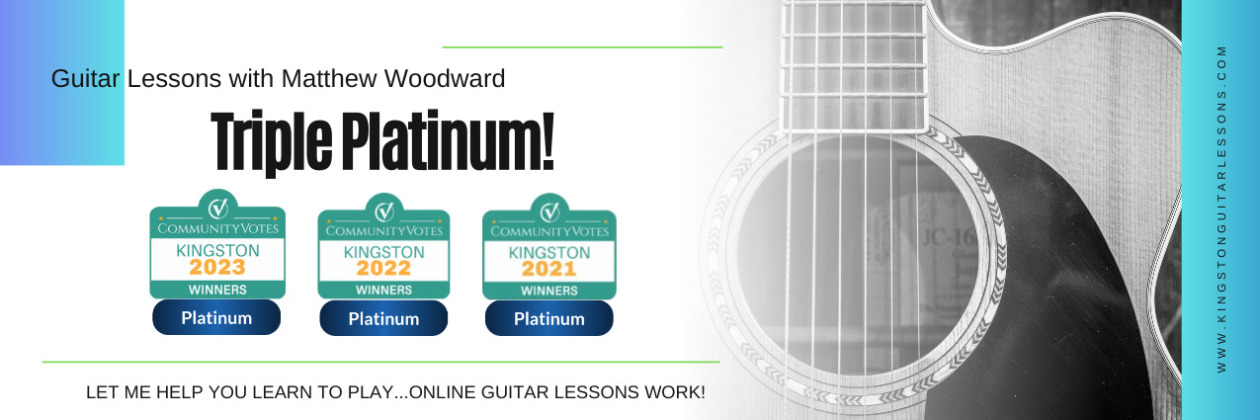PRACTICE
This refers to the hours we spend alone with our instrument, working with and attempting to master the technical aspects of what we do. In reference to the need for isolation, players call this personal quality time “woodshedding” or simply “shedding”.  It includes the hours we spend reading about music theory, trying to make sense of it all. Listening to players we hope to emulate, and trying to “lift” (learn by ear) their ideas from recordings also falls into this category. If you study with a good instructor they will point out your problem areas that need attention and give you advice on how to remedy them. Listen carefully and put their suggestions into PRACTICE.
It includes the hours we spend reading about music theory, trying to make sense of it all. Listening to players we hope to emulate, and trying to “lift” (learn by ear) their ideas from recordings also falls into this category. If you study with a good instructor they will point out your problem areas that need attention and give you advice on how to remedy them. Listen carefully and put their suggestions into PRACTICE.
 Practice involves learning new scales and chords, and pushing the envelope to find ways to keep your playing experience fresh. It means broadening your palette by learning songs in styles other than your usual repertoire. If you’re a hard rock player, learn some funk, R&B, country or jazz standards. Try to keep an open mind. Challenge is good and keeps you and your playing from falling into a rut.
Practice involves learning new scales and chords, and pushing the envelope to find ways to keep your playing experience fresh. It means broadening your palette by learning songs in styles other than your usual repertoire. If you’re a hard rock player, learn some funk, R&B, country or jazz standards. Try to keep an open mind. Challenge is good and keeps you and your playing from falling into a rut.
Over the years many students have asked me about how often and for how long they should practice. It’s always been a tough one to answer, because I’ve never had to force myself to be with my guitars.  When I was young I was absolutely driven to play and spent hours trying to figure out the songs I thought were “hip”. The question had more to do with how to get the guitar OUT of my hands so as to make me do other more mundane things like school work!
When I was young I was absolutely driven to play and spent hours trying to figure out the songs I thought were “hip”. The question had more to do with how to get the guitar OUT of my hands so as to make me do other more mundane things like school work!
My own personal relationship with my instrument is like that with an old and true friend. Sometimes we drift apart, but when we get back together we pick up the thread from where we left off. The time apart often does our friendship good. Today, with over thirty years of playing under my belt, I tend to practice on more of a “when I need to” basis. When I have a gig coming up, or if the fancy strikes me to learn some cool jazz riff, or some interesting tuning, an idea for a song – well…sometimes I don’t come up for air for days. If you are realistic and honest with yourself about your skills and technique you will know what needs to be done to improve.
Rather than playing the entire song, a practicing musician will focus on the aspects of that song that they find difficult to play. This might mean going over the G to C chord change in a country song a million times until it’s down, or jamming in the Dorian mode over a pre-recorded play-along track for hours until they’re comfortable with using that scale to improvise.
times until it’s down, or jamming in the Dorian mode over a pre-recorded play-along track for hours until they’re comfortable with using that scale to improvise.
Practice prepares a musician for rehearsal.
Let that be a lesson to you. 😉
If you liked it, please feel free to share my post with others.
© 2014 Matthew Woodward
Practice, Rehearsal and Performance Are Three Different Things, Part II


